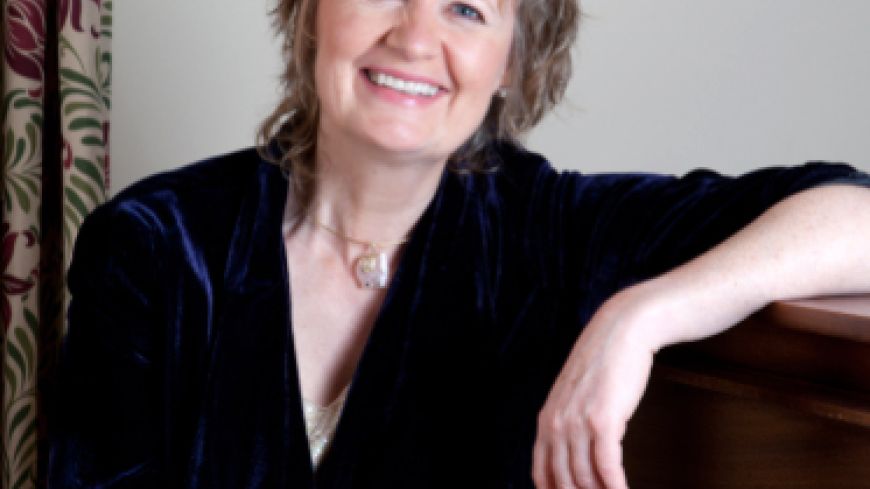
A concert devoted to Remembrancetide and the outbreak of the Great War could well have been a sad and sorrowful event. But no, here was exciting familiar, not so familiar and brand new music - and whilst comfortable it was thoroughly thought-provoking.
Beethoven's powerful Coriolan Overture depicting a rebellious Roman general of the Fifth Century led on to a seldom heard work from Cecil Coles. There was palpable delight to hear Rory Macdonald in his first outing as conductor of the Royal Scottish National Orchestra tell us about Cortège, and the remainder of the evening's programme.
Born in Kirkcudbright in 1888 and at school in Edinburgh, Cecil Coles studied music at Edinburgh University and in Stuttgart before working alongside Gustav Holst at Morley College in London. He volunteered for the army in 1915 as a Sergeant Bandmaster and was killed in action in April 1918.
Cecil Coles corresponded with Holst during the War and at the end of 1917 sent him the first movement of four of a suite for small orchestra. It was assumed until recently that the remaining three were destroyed by a shell in March 1918. But only recently the third movement has been discovered - called Cortège. Martyn Brabbins has orchestrated it for a larger body of musicians and what we heard was powerful reverend funeral music all the more poignant knowing what was soon to happen to its composer.
Elgar's Enigma Variations have a special place in my heart having lived in Herefordshire and knowing that Winifred Norbury - of the laugh in Variation VIII - is distantly related. We heard the original version of 1899. Indeed the Orchestra had been warned not to dare mark Sir Thomas Beecham's handwritten notes on the score. Light pencil was the order of the day at rehearsal.
On arrival at the Usher Hall the Orchestra's Chief Executive, Michael Elliott, was spotted hovering - clearly waiting the arrival of a VIP or two. Shortly afterwards, Bill Chandler was introducing to the pre-concert talk enthusiasts both the composer, Sally Beamish, and her collaborator the former Poet Laureate, Sir Andrew Motion. It was fascinating to hear how the five movement work was commissioned by the Royal Scottish National Orchestra and London Symphony Orchestra to commemorate the start of the First World War.
Sally Beamish who lives in Scotland used the text from Sir Andrew Motion's An Equal Voice because of its haunting images of the battlefield and of shell-shock. And to balance those images with some element of redemption she chose some of the Old Testament's Song of Solomon. They discussed the importance of mud and the significance in wartime of the work's final word - land. The clear diction and vocal confidence was a credit to both soloists, the Scottish soprano, Shuna Scott Sendall, and baritone Marcus Farnsworth who was once a chorister at the lovely Southwell Minster in Nottinghamshire. Michael Bawtree had ensured his one-hundred-and-thirty-two chorus lived up to their reputation.
We heard the Scottish premier of Equal Voices which had been premiered in London days earlier with the London Symphony Orchestra. Sally Beamish had made the comment that so often after a premiere a work is destined to gather dust - but in this case the work was being interpreted twice in a week. Printed music does not speak, she said. I wonder whether the London or the Edinburgh version was closer to her intentions?
Concert: Friday 7tth November 2014 at 7.30pm

